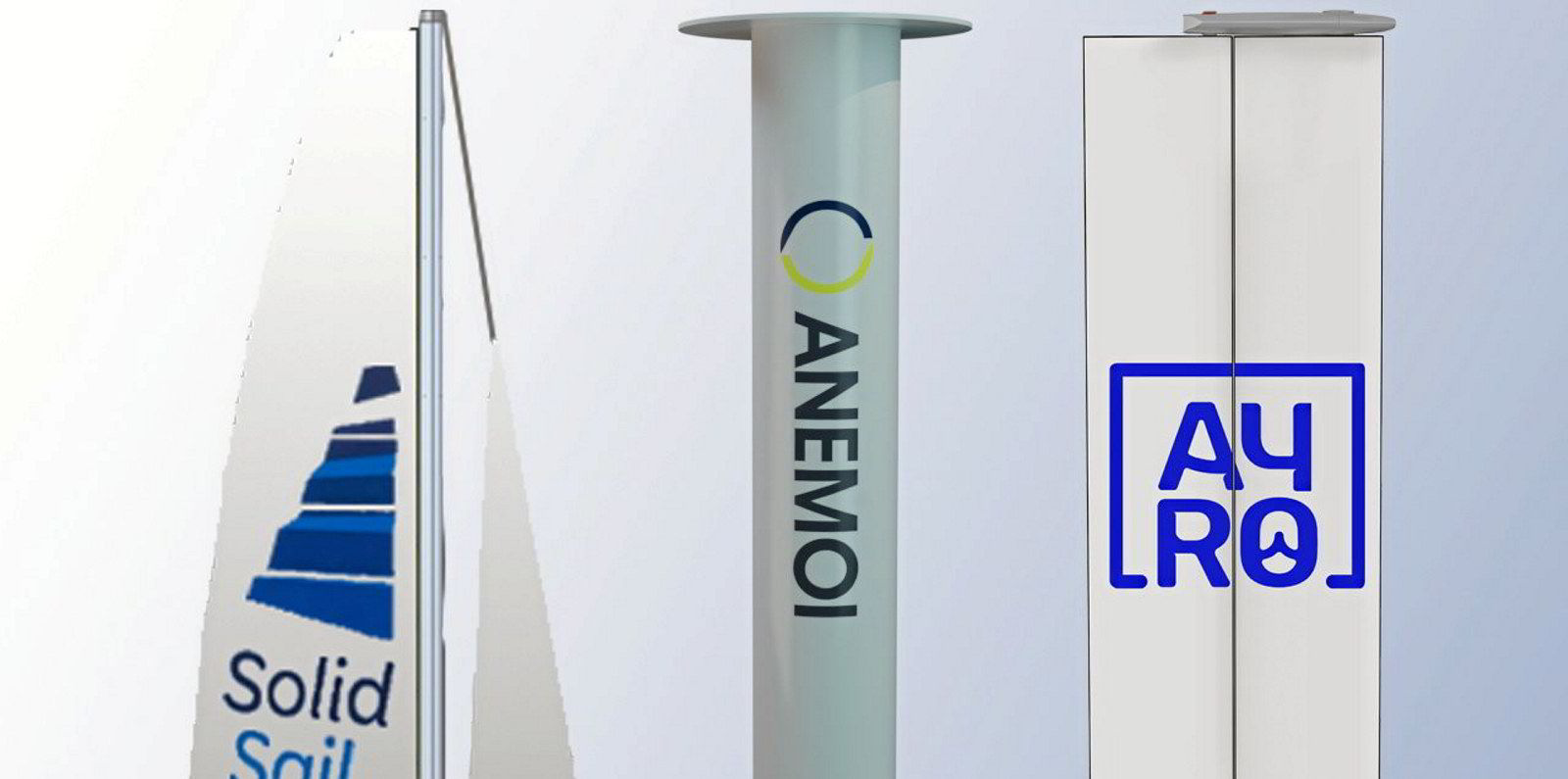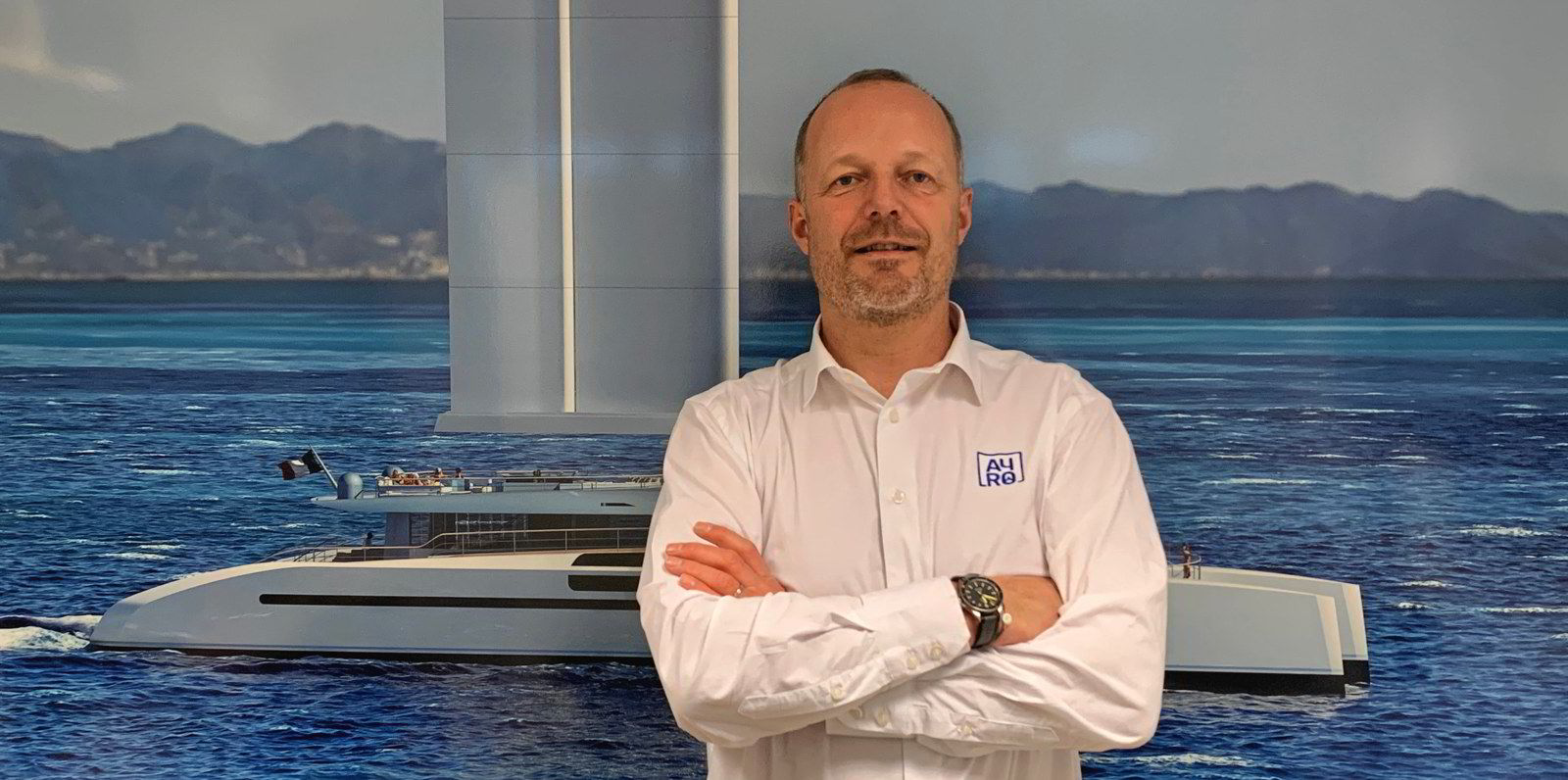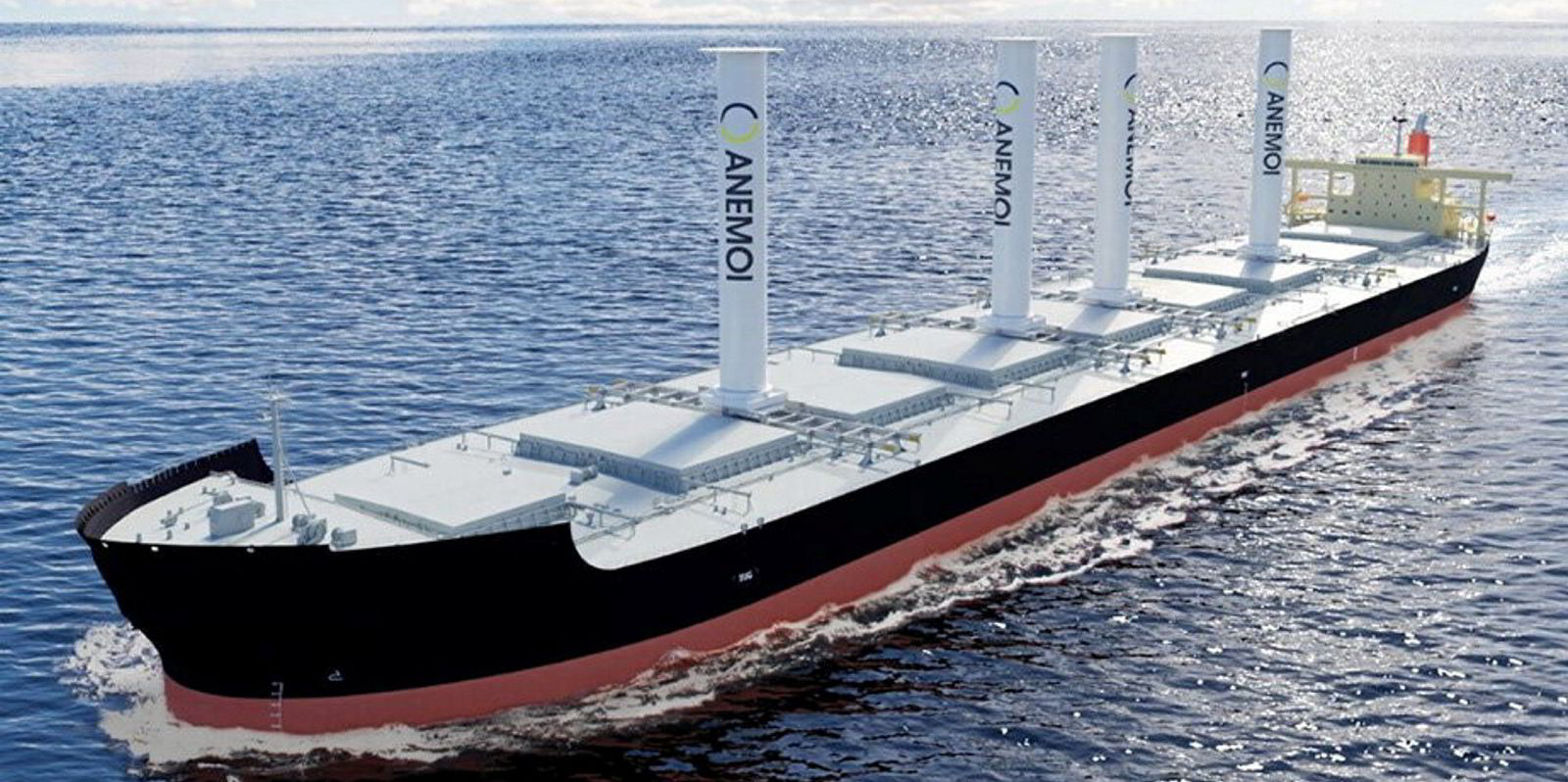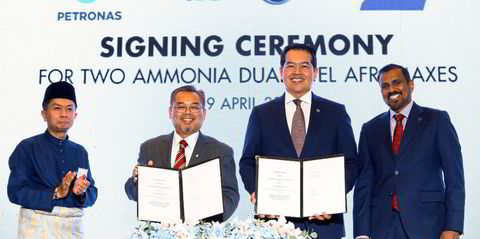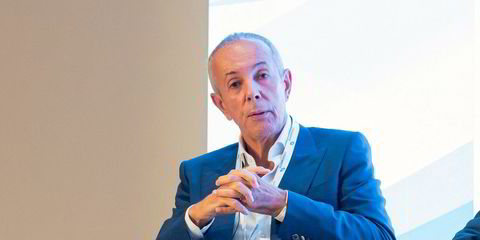A European Union-funded project to refine three wind propulsion designs aimed at energy savings of 30% to 50% over conventional ships has been launched by Dutch maritime research institute Marin.
The three-year Optiwise project, funded to the tune of €5.1m ($5.3m), will seek to improve the operational design of a rotor sail for bulk carriers and two different types of sails for tankers and passenger ships.
Companies involved include tanker group Euronav, shipbuilder Chantiers de l’Atlantique, ship designer SSPA, engine maker Wartsila Netherlands and wind sail technology developers Ayro and Anemoi Marine Technologies.
The project will involve extensive simulations that bring together aerodynamics, hydrodynamics, routing and energy management, said Marin, with close attention applied to ensuring realistic operational applications.
“We expect to realise average energy savings between 30% and 50% when compared to equivalent conventional ships, while ensuring operational feasibility in a realistic wind climate,” Marin added.
Anemoi’s rotor sail will be tested for bulkers and Ayro’s furlable Oceanwings sail for tankers, while Chantiers de l’Atlantique’s solid sail has been chosen for the passenger ship test.
Tests will include basin assessments of manoeuvring and seakeeping, bridge simulations to assess crew operation and land-based wind propulsion tests to verify control.
“With Optiwise, we are building on R&D [research and development] already under development among the consortium partners in the last years and rethinking the design process and energy management of ships with wind propulsion,” said Marin project manager Rogier Eggers.
Wind propulsion systems have been fitted to 15 vessels currently in operation, he added, but the nature of the retrofits limited attainable savings.
Eggers said the project aims to show much higher savings than those seen in present market applications, while making sure ships conform to operational and regulatory requirements.
“Energy saving on board is expected to be increasingly important,” said Euronav sustainability manager Konstantinos Papoutsis, as sufficient and affordable supplies of alternative zero-emission fuels remain uncertain for the foreseeable future.
“We expect that the knowledge built through such R&D efforts will benefit the waterborne industry in its decarbonisation journey,” he added.
Optiwise stands for OPTImised WInd Supported vEssels.
